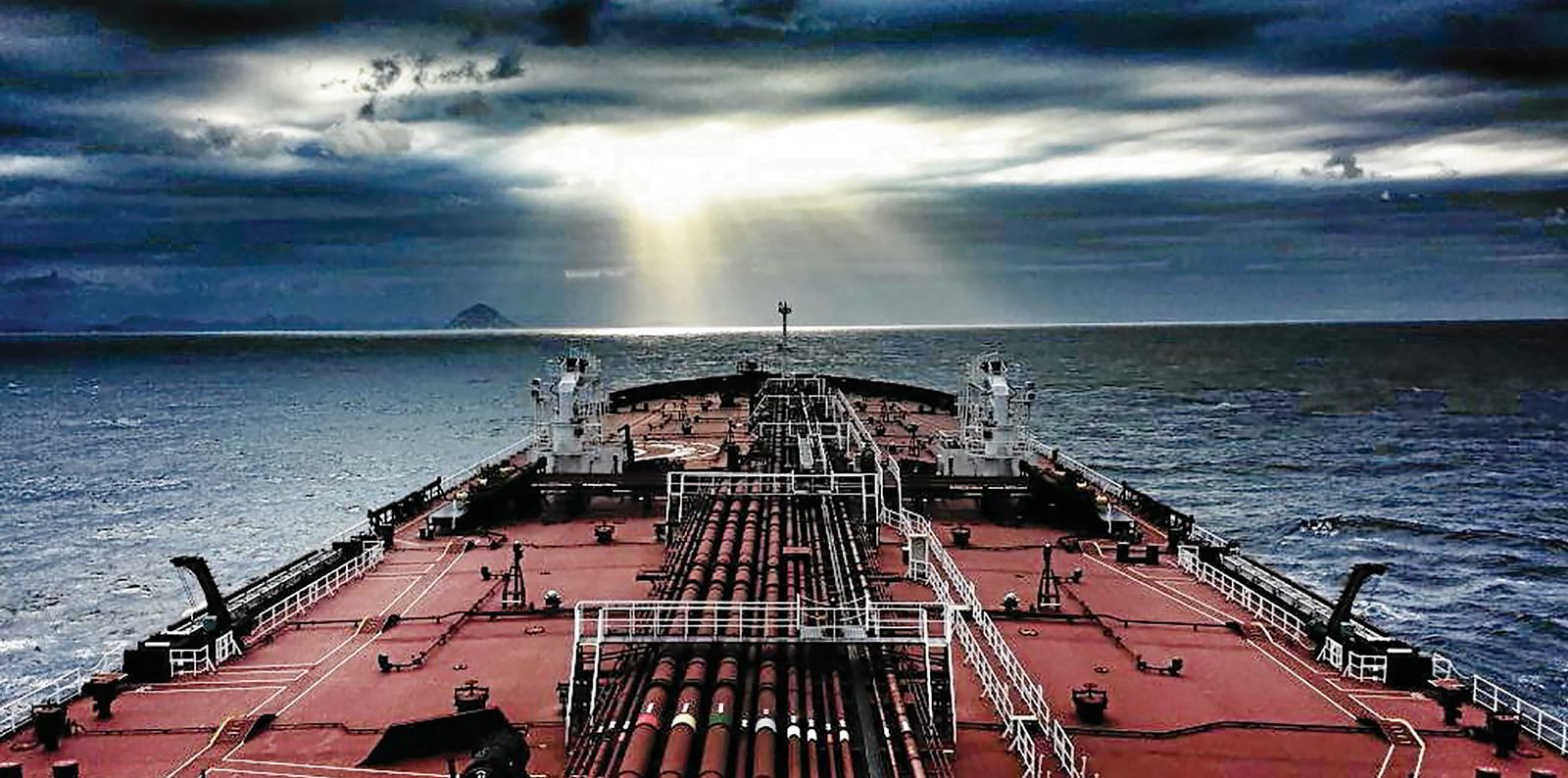Italian bank UniCredit has failed to win a $24.7m claim for damages against Euronav after alleging mis-delivery of a fuel oil cargo in a wider fraud case.
The lender had financed the purchase by Gulf Petrochem of 80,000 tonnes of low sulphur fuel oil from BP in 2020, to be shipped on the Belgian shipowner’s 161,000-dwt suezmax Sienna (built 2007).
UniCredit and Gulf Petrochem agreed that the cargo would be re-sold to sub-buyers on terms that required those sub-buyers to pay UniCredit directly.
BP had initially chartered the vessel from Euronav and was the shipper under the bill of lading (BoL).
The charter required Euronav to discharge the cargo without production of the BoL if requested by the charterer.
After Gulf Petrochem paid BP via a letter of credit issued by UniCredit, a novation agreement was entered into by BP, Euronav and Gulf Petrochem that made the Middle East company the vessel’s charterer.
Euronav then discharged the cargo without production of the BoL but the sums financed by Unicredit were not repaid by Gulf Petrochem or the sub-buyers.
UniCredit became the lawful holder of the BoL after the unloading.
The bank then filed a claim for breach of a contract of carriage because Euronav delivered the cargo without production of the bill.
UK High Court Justice Justice Clare Moulder dismissed the bank’s claim, however.
She ruled the BoL did not contain any contract of carriage at the time of discharge.
A ‘mere receipt’
Moulder held that the document was a mere receipt, since BP was also the voyage charterer at that time.
And she rejected UniCredit’s argument that the novation had the same effect as if BP had endorsed the BoL to a third party.
Moulder also ruled that, even if the BoL had contained a contract of carriage at the time of discharge, the unloading without production of the bill did not cause the loss claimed.
Law firm Preston Turnbull, which acted for Euronav along with barristers from Quadrant Chambers, said the decision was based on “slightly unusual facts” stemming from the pandemic lockdown and the inability of those interested in the bill to endorse it.
Lawyers Andrew Preston, Dolly Brown and Paul Best said the backdrop was a major fraud by Gulf Petrochem which has been the subject of much litigation globally.
No automatic change
They added the judgment clarifies that a BoL does not automatically change from a receipt into a contract of carriage just because a charterer has been replaced.
This case, and others in London and Singapore, show courts are now increasingly open to questioning whether a shipowner will always be liable where cargo has been delivered without production of original bills.
“They are now clearly willing to fully examine the factual and economic background to the discharge in question and the understanding/expectation of those involved in the financing arrangements underpinning the delivery of the cargo,” the lawyers said.




